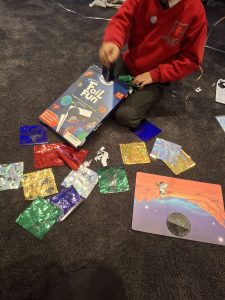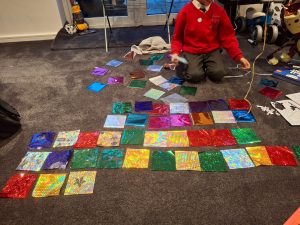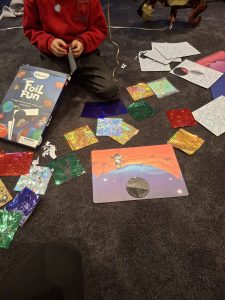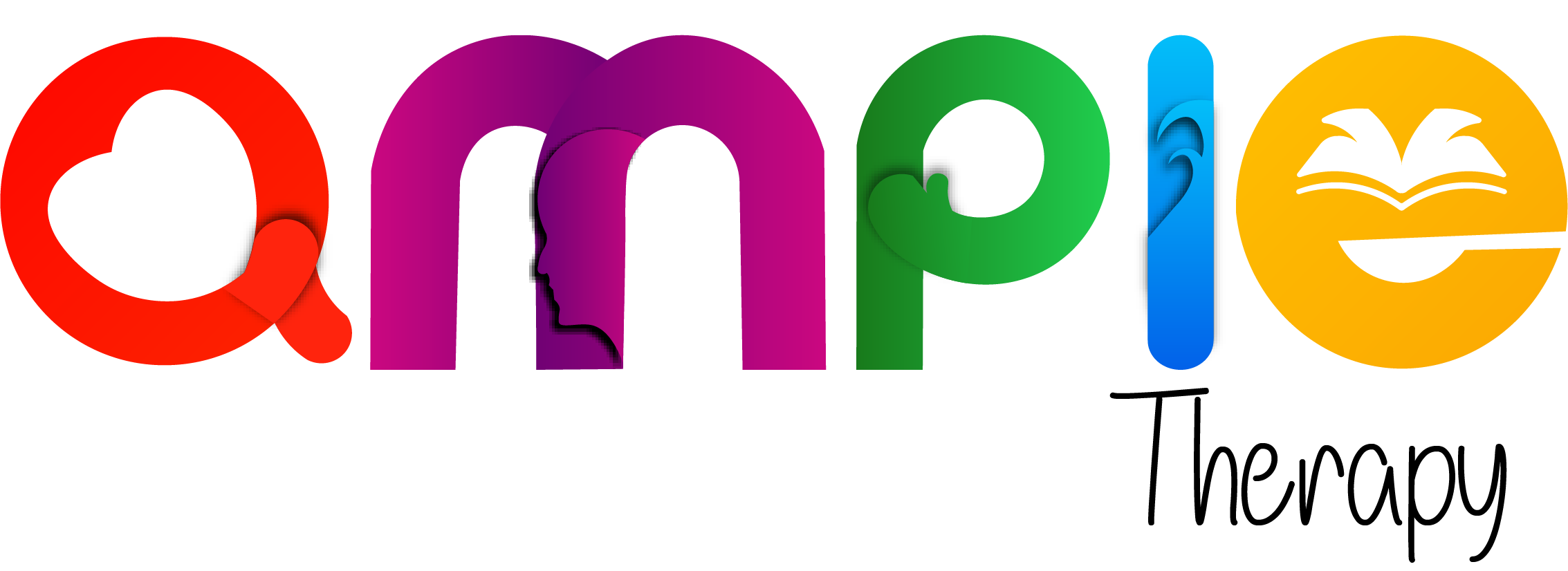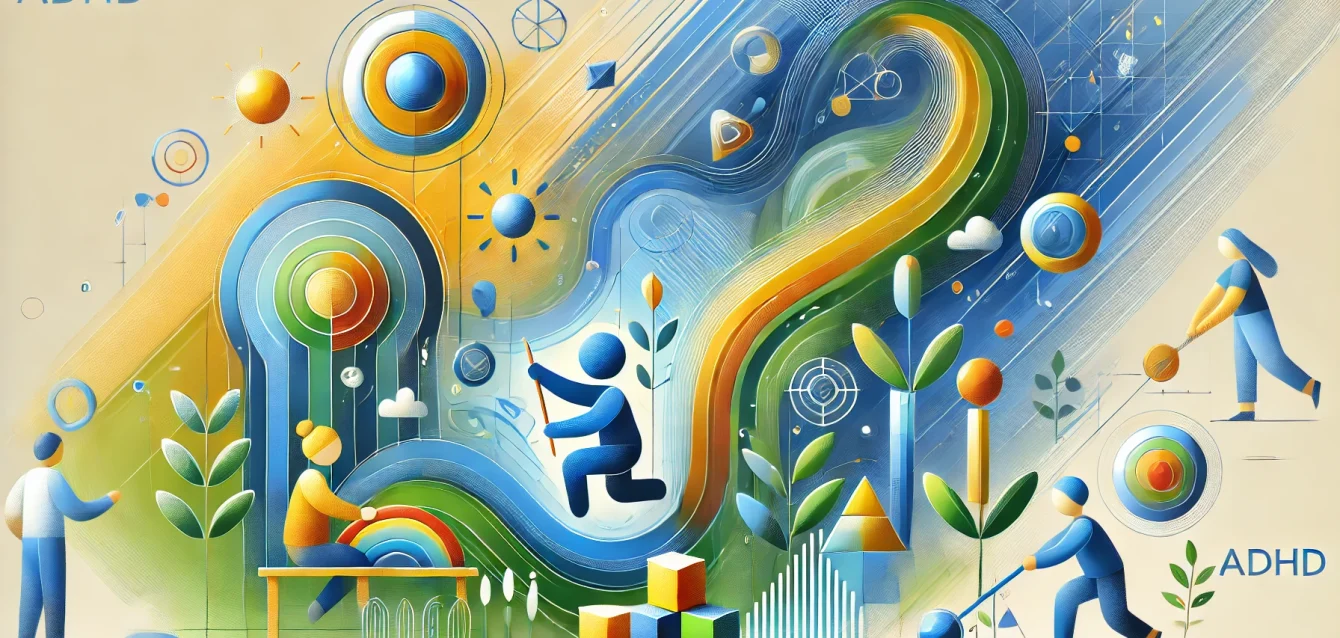Discover how Play Therapy for ADHD helps children improve focus, emotional regulation, and social skills in a fun, supportive environment.
For children with ADHD (Attention Deficit Hyperactivity Disorder), everyday life can feel overwhelming. Challenges with attention, impulsivity, and emotional regulation can make it difficult for them to navigate school, relationships, and even playtime. However, one therapeutic approach taps into something children naturally understand—play.
Play therapy offers a safe and engaging way for children with ADHD to express themselves, build essential skills, and manage their emotions in a supportive environment. In this article, we’ll explore how play therapy works, why it’s effective for children with ADHD, and how it can make a lasting difference in their lives.
What is Play Therapy?
Play therapy is a structured, evidence-based form of therapy that uses play as a medium for children to communicate their feelings, thoughts, and experiences. Since children often struggle to express complex emotions verbally, play becomes their natural language. Through activities like drawing, role-playing, games, and storytelling, therapists can better understand and support a child’s emotional and psychological needs.
Why Play Therapy Works for Children with ADHD
Children with ADHD often experience frustration, anxiety, and social challenges due to their difficulty focusing or controlling impulses. Play therapy addresses these challenges in a way that feels natural and enjoyable for children.
1. Enhances Focus and Attention
Play therapy activities are designed to gradually improve attention spans. Structured games that require turn-taking, following instructions, or completing tasks help children develop the ability to focus for longer periods in a fun, non-pressured setting.
2. Builds Emotional Regulation Skills
Children with ADHD often struggle to manage their emotions. Play therapy allows them to process feelings like frustration, anger, or sadness through creative outlets. Therapists guide children to recognize these emotions and develop coping mechanisms, such as deep breathing or mindfulness techniques, during play.
3. Encourages Positive Social Interaction
Through group play therapy or role-playing scenarios, children learn valuable social skills like sharing, cooperation, and understanding others’ perspectives. These skills are crucial for building healthy friendships and improving interactions at school and home.
4. Provides a Safe Space for Expression
Play therapy creates a non-judgmental environment where children feel safe to explore their emotions and experiences. This is especially important for kids with ADHD, who may frequently face criticism or feel misunderstood in other settings.
Common Techniques Used in Play Therapy for ADHD
Play therapy sessions are tailored to meet each child’s unique needs. Here are some techniques often used with children who have ADHD:
1. Creative Arts (Drawing & Painting)
Art allows children to express emotions they might not have the words for. Drawing or painting can help them process feelings of frustration, fear, or excitement in a healthy, constructive way.
2. Role-Playing and Storytelling
Through role-play and storytelling, children can act out scenarios that reflect their real-life experiences. This helps them practice problem-solving and social skills in a safe, imaginative environment.
3. Sensory Play
Activities like sand play, clay modeling, or water play engage a child’s senses, helping them stay grounded and focused. Sensory play can be particularly calming for children who struggle with hyperactivity.
4. Board Games and Puzzles
Structured games that require turn-taking, following rules, and strategy help children with ADHD develop patience, attention to detail, and impulse control.
5. Movement-Based Play
Since children with ADHD often have high energy levels, incorporating physical activities like obstacle courses or dance can help channel their energy positively while teaching focus and self-regulation.
The Benefits of Play Therapy for Children with ADHD
Over time, play therapy can lead to significant improvements in both behavior and emotional well-being for children with ADHD. Some of the key benefits include:
•Improved Focus and Concentration: Regular play therapy sessions help children build the skills needed to stay attentive in school and at home.
•Better Emotional Control: Children learn to recognize and manage their emotions, reducing the frequency of outbursts or frustration.
•Enhanced Social Skills: By practicing interaction in a safe environment, children feel more confident navigating friendships and group settings.
•Increased Self-Esteem: As children master new skills and gain emotional insight, their confidence grows, helping them feel more capable in all areas of life.
How AMPLE Therapy Incorporates Play Therapy for ADHD
At AMPLE Therapy, we believe in a holistic approach to supporting children with ADHD. Our play therapy programs are designed to meet each child’s unique needs, blending creative, physical, and therapeutic activities to foster emotional growth and self-confidence.
Our experienced therapists use play to:
•Enhance attention spans through structured activities.
•Develop coping strategies for emotional regulation.
•Encourage self-expression in a supportive, non-judgmental space.
•Build social skills that empower children to thrive in group settings.
Whether through one-on-one sessions or group activities, our play therapy programs create a space where children can explore, learn, and grow—while having fun along the way.
Is Play Therapy Right for Your Child?
If your child struggles with attention, impulsivity, or emotional regulation, play therapy could be a transformative tool in their journey. By blending therapeutic techniques with the natural language of play, children can develop the skills they need to thrive in every aspect of life.
Ready to explore how play therapy can help your child with ADHD?
Book a free consultation with AMPLE Therapy today and discover the power of play in unlocking your child’s potential.
